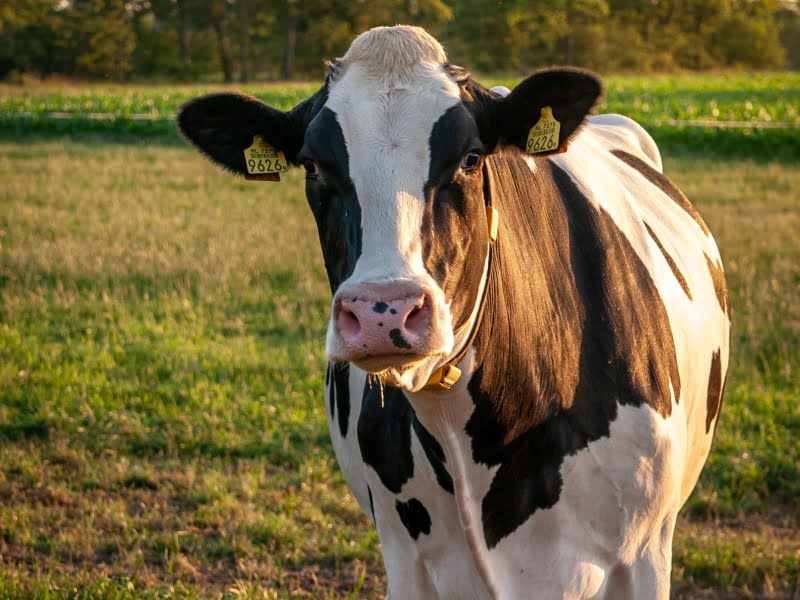The Queensland government has tipped $200,000 into the peak dairy farmer group’s digital herd monitoring project, which will trial equipping cows with “smart collars” to monitor their health.
The government is providing nearly a third of the funding for the project through its Digital Transformation in Agribusiness Initiative, established last year to assist the state’s Covid-19 recovery.
Applications for the investment grants of up to $200,000 closed last year and attracted 22 applications for various projects in the state’s agriculture sector. Nine winners have been chosen and will share in more than $1 million in grants.
But the Queensland government has chosen to announce the winners progressively, and only one other winner has been revealed, a Bundaberg fruit and vegetable co-op’s digital project.

“These grants were established under Queensland’s Economic Recovery Plan to help farmers to access new opportunities,” Minister for Agricultural Industry Development and Fisheries and Minister for Rural Communities Mark Furner said.
“The COVID-19 pandemic created serious challenges for the agriculture sector, but the Palaszczuk Government has worked closely with industry to find solutions for emerging problems and stand shoulder to shoulder with our farmers.”
The latest grant is going to a $647,000 digital herd project being managed by the Queensland Dairyfarmers’ Organisation (QDO). The peak group said the project will provide financial assistance for 10 producers to implement and demonstrate the cow collars. Training workshops in the Darling Downs, Scenic Rim, Sunshine Coast, Burnett and Tablelands Region will also be offered.
“This is a great advance in animal health and welfare for the dairy industry and a valuable tool for farmers as the technology monitors individual cows and the herd to provide health and reproduction alerts, allowing for the early detection of anything that may be making the animal uncomfortable,” QDO President Brian Tessmann said.
Minister Furner said $5.5 million is being invested over three years through the Digital Transformation in Agribusiness Initiative.
“This funding, as part of our COVID-19 economic recovery strategy, will support agribusinesses to become digitally aware and ready to respond to future disruptions,” Mr Furner said.
“Digital technology creates new ways of doing things that add value to the agricultural sector by working more precisely, efficiently and sustainably.
“It offers innovative ways to connect producers to consumers, reduce problems related to remoteness in rural communities, and attract the next generation to jobs in the industry.”
Do you know more? Contact James Riley via Email.

